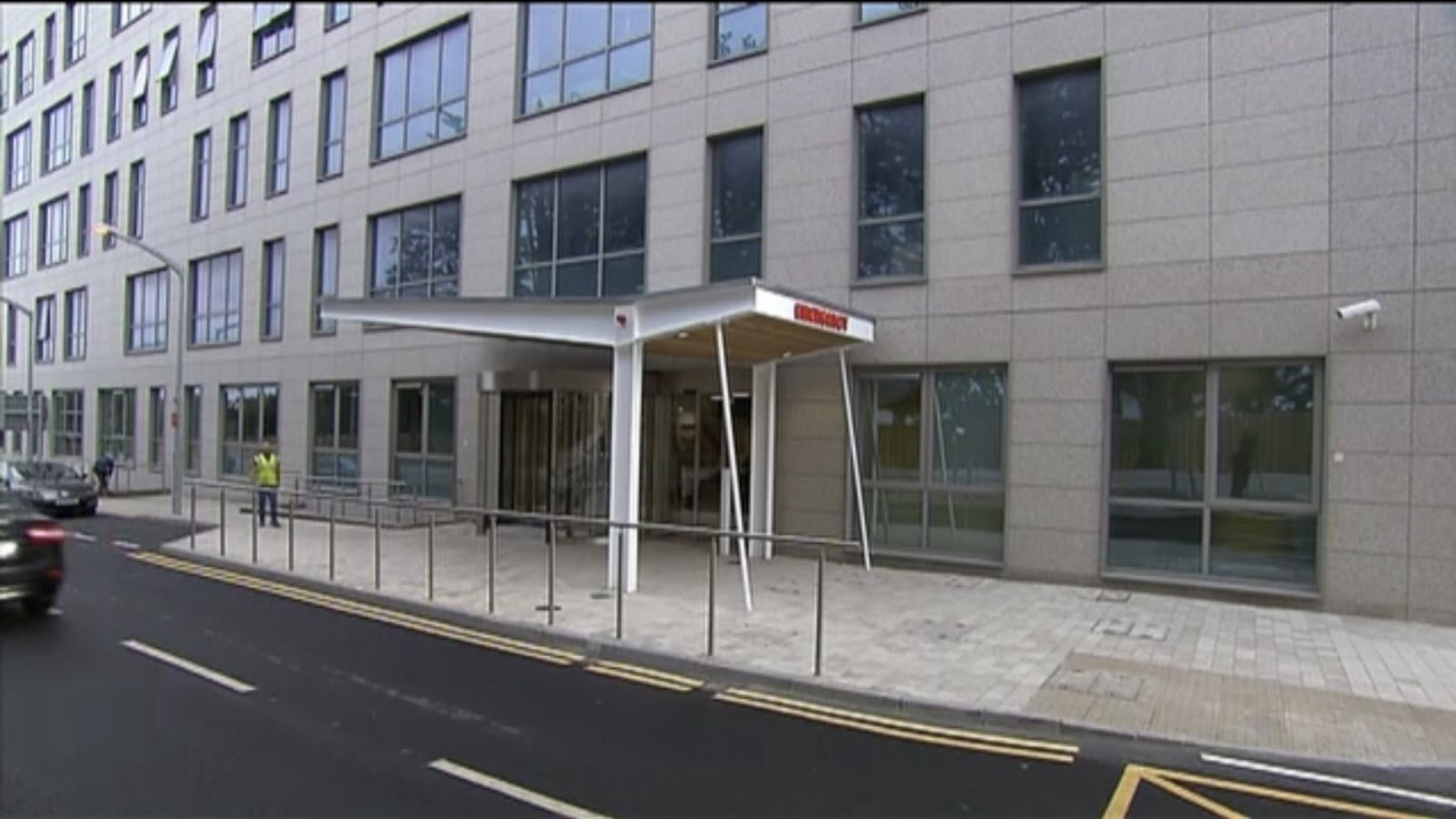Why class in the workplace remains a taboo subject in Ireland


Opinion: ‘Perhaps it is time that the diversity discussion in the workplace begins to include socio-economic status’
This article is now available above as a Brainstorm podcast. You can subscribe to the Brainstorm podcast through Apple Podcasts, Stitcher, Spotify or wherever you get your podcasts .
What school did you go to? Where do you live? What jobs did your parents have? What class do you identify as? What sports do you play? We were all born into different circumstances and some of those circumstances are more likely to benefit you in a drive to succeed in industry. They won’t make you rich or promise success, but might start you a few steps higher on the career ladder.
Boardrooms are filled with a disproportionate number of people from what might be termed more privileged backgrounds. While operational, general and office staff across organisations tend to come from a broad socioeconomic base, the journey to the top of these organisations can be easier for some or rather more difficult for others.
If your peers in the workplace speak a different language – one of private schools, expensive postcodes or parental connections – the path to the boardroom can be harder to forge. Indeed, the path into the workforce can often be harder to forge in the first place. From an organisation’s perspective we can end up with an ‘us’ and ‘them’ scenario with a hierarchy scheme that might be akin to class differences, mirrored in levels within the organisation.
We need your consent to load this rte-player contentWe use rte-player to manage extra content that can set cookies on your device and collect data about your activity. Please review their details and accept them to load the content.Manage Preferences
From RTÉ Radio 1’s Drivetime in 2017, Olivia O’Leary, talks about the Irish class system.
But it is not usually intentional. Like the better known aspects of diversity, gender and race, it hasn’t been a proactive discrimination in most cases. Historically, businesses have developed by people aligning and growing with people they know from the same backgrounds as themselves. Lke most aspects of diversity, it will continue without pointed attempts to address it – and it means the businesses themselves are losing out.
If organisations look outside their own trusted pool of connections and school ties, there are opportunities to employ people from the whole range of socioeconomic backgrounds that mirror society. Businesses can start by looking at the communities where they are based and acknowledge the socio-economic area that is there.
Businesses should not only be asking whether they employ local people – which a lot of organisations already do and are very good at – but whether the management and importantly the senior leadership teams and board reflect that community and the wider community. Do any senior leaders live in or come from the area where the business is based? Does the senior leadership reflect our whole society rather than that piece of society that the board members are part of? Is it diverse enough? Not only across measurables like race and gender, but also class and socio-economic diversity.
We need your consent to load this rte-player contentWe use rte-player to manage extra content that can set cookies on your device and collect data about your activity. Please review their details and accept them to load the content.Manage Preferences
From RTÉ Radio 1, Diarmaid Ferriter to talk about the class system
Socio-economic diversity remains a taboo subject in a lot of ways. Discussions about money, salary, parents’ jobs, whether you can afford to buy a house or eat, socialise and shop in the same places are uncomfortable and it is a topic that remains in the shadows as a result.
It will not be easy to address. Asking people to self-identify their socio-economic level hardly seems fair. Some progressive organisations are taking an approach to at least attempting to identify some level of socio-economic awareness within their current workforce.
But approaches like this need to be managed carefully and organisations need to be ready to deal with any negative outcomes. It might be likened to organisations having to publish their gender pay-gaps. You can be certain those with questions to answer have a number of people lining up to seek pay parity.
Asking employees to join an alliance to support socio-economic disadvantaged colleagues is out of the question. Who is going to want to put their hands up for that support and training? We implement women’s leadership initiativesm but can we really see an equivalent for socio-economic differences? There are approaches that work for other forms of diversity so employers will need to look at more nuanced ways to address this issue.
The opportunity to progress might be out of the reach of those who haven’t been told the password for the lift to the top floor
The ingrained practices of recruitment and promotion are starting places. If an organisation only ever recruits for a college degree, for example, they’ve written off those who did not attend college. If your hiring managers all come from certain colleges, they may have a blind spot for PLCs or technical colleges and identify more closely with applicants that mirror their own idea of success.
It won’t be easy either for those from varied socio-economic backgrounds. It may take some changes in perception too for applicants. If we don’t feel we will ‘fit in’ somewhere, we may not even bother to apply. If we research organisations and their management teams and don’t see people who look like us or come from the same backgrounds, we may not think that organisation is progressive enough or that we could succeed there. Applicants may need to work hard to illustrate their skills and potential and drive the conversation towards what they can add to an organisation.
Perhaps it is time that the diversity discussion begins to include socio-economic status. Without change, the current situation does not change. The hierarchy remains the same and the opportunity to progress and succeed might be out of the reach of those who don’t speak the secret language of success and haven’t been told the password for the lift to the top floor.
Follow RTÉ Brainstorm on WhatsApp and Instagram for more stories and updates
The views expressed here are those of the author and do not represent or reflect the views of RTÉ





